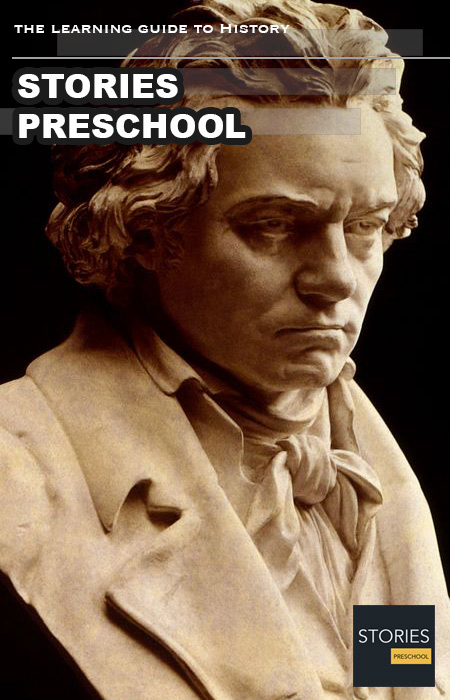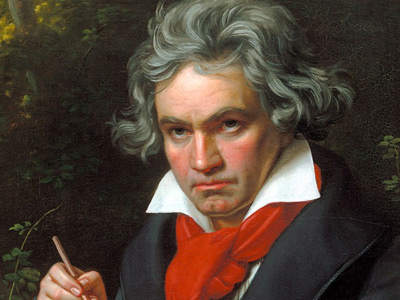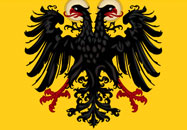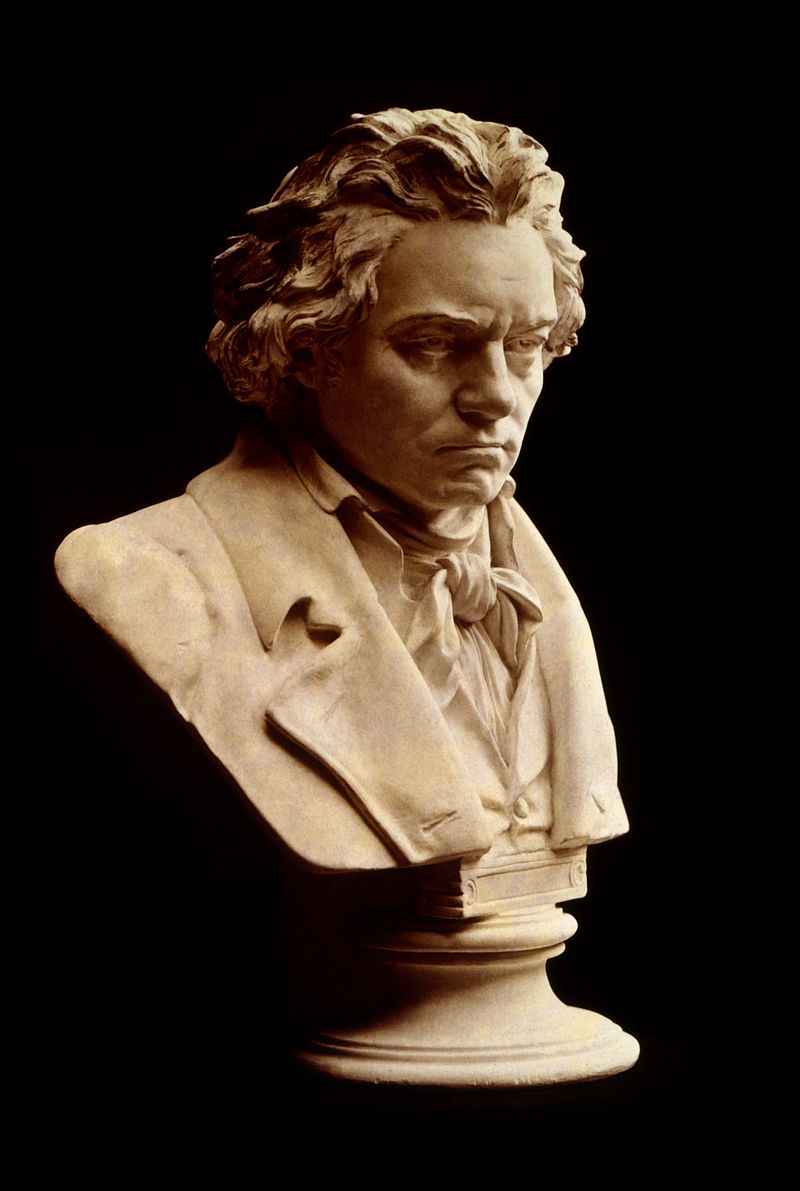Ludwig van Beethoven (1770-1827)
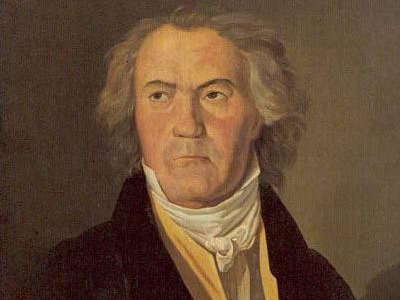
Ludwig van Beethoven (baptised 17 December 1770 – 26 March 1827) was a German composer and pianist. A crucial figure in the transition between the Classical and Romantic eras in Western art music, he remains one of the most famous and influential of all composers. His best-known compositions include 9 symphonies, 5 piano concertos, 1 violin concerto, 32 piano sonatas, 16 string quartets, his great Mass the Missa solemnis, and one opera, Fidelio.
Born in Bonn, then the capital of the Electorate of Cologne and part of the Holy Roman Empire The Holy Roman Empire was a political entity in Western, Central, and Southern Europe that developed during the Early Middle Ages and continued until its dissolution in 1806 during the Napoleonic Wars. From the accession of Otto I in 962 until the twelfth century, the Empire was the most powerful monarchy in Europe. The empire reached the apex of territorial expansion and power in the mid-thirteenth century, but overextending led to partial collapse., Beethoven displayed his musical talents at an early age and was taught by his father Johann van Beethoven and by composer and conductor Christian Gottlob Neefe. At the age of 21 he moved to Vienna, where he began studying composition with Joseph Haydn and gained a reputation as a virtuoso pianist. He lived in Vienna until his death. By his late 20s his hearing began to deteriorate, and by the last decade of his life he was almost completely deaf. In 1811 he gave up conducting and performing in public but continued to compose; many of his most admired works come from these last 15 years of his life.
The Holy Roman Empire was a political entity in Western, Central, and Southern Europe that developed during the Early Middle Ages and continued until its dissolution in 1806 during the Napoleonic Wars. From the accession of Otto I in 962 until the twelfth century, the Empire was the most powerful monarchy in Europe. The empire reached the apex of territorial expansion and power in the mid-thirteenth century, but overextending led to partial collapse., Beethoven displayed his musical talents at an early age and was taught by his father Johann van Beethoven and by composer and conductor Christian Gottlob Neefe. At the age of 21 he moved to Vienna, where he began studying composition with Joseph Haydn and gained a reputation as a virtuoso pianist. He lived in Vienna until his death. By his late 20s his hearing began to deteriorate, and by the last decade of his life he was almost completely deaf. In 1811 he gave up conducting and performing in public but continued to compose; many of his most admired works come from these last 15 years of his life.
Character
Beethoven's personal life was troubled by his encroaching deafness and irritability brought on by chronic abdominal pain (beginning in his twenties), which led him to contemplate suicide (documented in his Heiligenstadt Testament). Beethoven was often irascible. It has been suggested he had bipolar disorder. Nevertheless, he had a close and devoted circle of friends all his life, thought to have been attracted by his strength of personality. Towards the end of his life, Beethoven's friends competed in their efforts to help him cope with his incapacities.
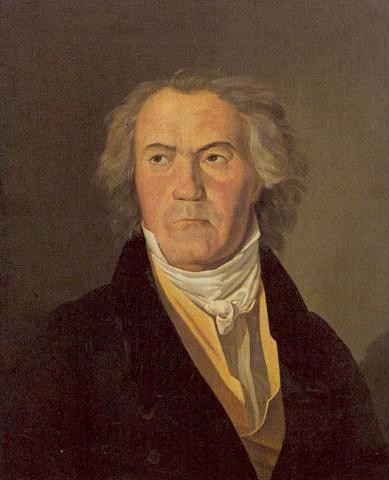
Sources show Beethoven's disdain for authority and for social rank. He stopped performing at the piano if the audience chatted amongst themselves, or afforded him less than their full attention. At soirées, he refused to perform if suddenly called upon to do so. Eventually, after many confrontations, the Archduke Rudolph decreed that the usual rules of court etiquette did not apply to Beethoven.
Beethoven was attracted to the ideals of the Age of Enlightenment. In 1804, when Napoleon's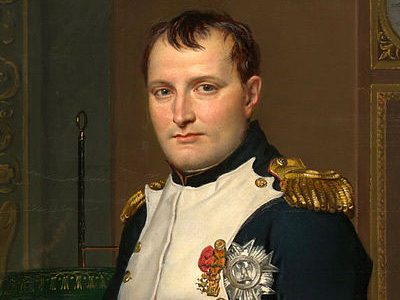 Napoleon Bonaparte (1769-1821), was a French military and political leader who rose to prominence during the French Revolution and led several successful campaigns during the French Revolutionary Wars. As Napoleon I, he was Emperor of the French from 1804 until 1814, and again in 1815. One of the greatest commanders in history, his wars and campaigns are studied at military schools worldwide. Napoleon Bonaparte » imperial ambitions became clear, Beethoven took hold of the title page of his Third Symphony and scratched the name Bonaparte out so violently that he made a hole in the paper. He later changed the work's title to "Sinfonia Eroica, composta per festeggiare il sovvenire d'un grand'uom" ("Heroic Symphony, composed to celebrate the memory of a great man"), and he rededicated it to his patron, Prince Joseph Franz von Lobkowitz, at whose palace it was first performed.
Napoleon Bonaparte (1769-1821), was a French military and political leader who rose to prominence during the French Revolution and led several successful campaigns during the French Revolutionary Wars. As Napoleon I, he was Emperor of the French from 1804 until 1814, and again in 1815. One of the greatest commanders in history, his wars and campaigns are studied at military schools worldwide. Napoleon Bonaparte » imperial ambitions became clear, Beethoven took hold of the title page of his Third Symphony and scratched the name Bonaparte out so violently that he made a hole in the paper. He later changed the work's title to "Sinfonia Eroica, composta per festeggiare il sovvenire d'un grand'uom" ("Heroic Symphony, composed to celebrate the memory of a great man"), and he rededicated it to his patron, Prince Joseph Franz von Lobkowitz, at whose palace it was first performed.
The fourth movement of his Ninth Symphony features an elaborate choral setting of Schiller's Ode An die Freude ("Ode to Joy"), an optimistic hymn championing the brotherhood of humanity.
HISTORY
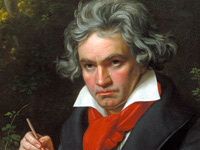
RESOURCES
This article uses material from the Wikipedia article "Ludwig van Beethoven (1770-1827)", which is released under the Creative Commons Attribution-Share-Alike License 3.0.
© Stories Preschool. All Rights Reserved.
